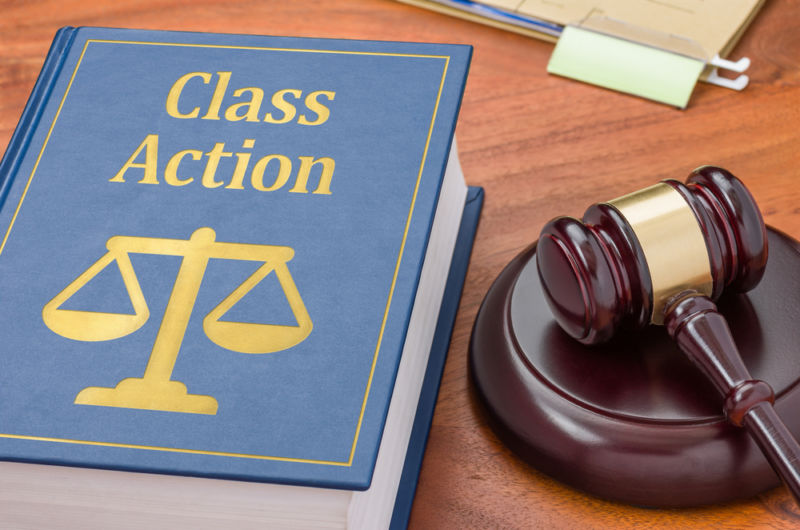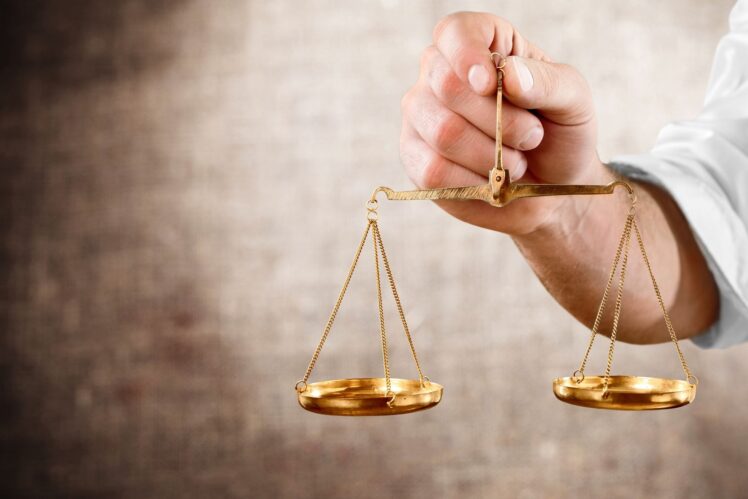What is a Class Action Lawsuit?

A class action lawsuit is a legal process where a group of people collectively brings a claim to court. This group, known as the class, shares similar grievances against a defendant, usually a corporation or organization.
For further insights, you can read more about the experiences of Tom Goodhead and others involved in similar cases. Class action lawsuits allow individuals with limited resources to join forces and seek justice against powerful entities that have caused them harm.
By uniting as a class, plaintiffs can pool their resources and expertise, increasing their chances of a favorable outcome.
Origins and Importance

Source: cnet.com
Class action lawsuits have their roots in the United States legal system, designed to enhance the efficiency of the judiciary. They allow courts to handle cases involving large groups of people who have been similarly affected by a defendant’s actions.
This mechanism ensures that all affected parties have a chance to seek justice, even if their individual claims might be too small to pursue separately. The concept of class actions originated in the 19th century and has since evolved to address a wide range of legal issues, from consumer protection to civil rights violations.
The importance of class actions lies in their ability to level the playing field and provide a voice to those who might otherwise be silenced.
Key Elements of a Class Action
A class action begins when one or more plaintiffs, known as lead plaintiffs or class representatives, file a lawsuit on behalf of a larger group.
These representatives must prove that the claims of the class members are sufficiently similar to warrant a collective lawsuit. The court must certify the lawsuit as a class action, which involves meeting specific legal criteria.
Certification is a crucial step, as it ensures that the class is properly defined and that the lead plaintiffs adequately represent the interests of the entire class. The class certification process can be complex and may involve extensive legal arguments and evidence.
Benefits of Class Actions

Source: coloradolaw.net
Class action lawsuits offer several advantages. They provide access to justice for individuals who might not have the resources to pursue their claims independently.
Furthermore, class actions promote judicial efficiency by consolidating numerous individual lawsuits into a single proceeding. Class actions also create a deterrent effect, as they hold corporations and organizations accountable for their actions and encourage them to change their behavior to avoid future lawsuits.
By combining the strength of many plaintiffs, class actions can result in significant settlements or judgments that would be difficult to achieve through individual lawsuits.
Notable Cases
Class actions have played a significant role in addressing corporate misconduct and protecting consumer rights. Historical cases have resulted in substantial settlements and changes in corporate behavior. Some notable class action cases have involved issues such as faulty products, environmental disasters, and discriminatory practices. These cases have not only provided compensation to affected individuals but also prompted widespread reforms and improvements in corporate policies and practices.
How Class Actions Work

Source: topclassactions.com
The process of a class action lawsuit involves several stages, including certification, discovery, and distribution of awarded damages. Settlements are common in class actions, as they allow both parties to avoid the uncertainty and expense of a trial.
During the certification stage, the court must determine whether the case meets the legal requirements to proceed as a class action. The discovery phase involves the exchange of information and evidence between the parties. If a settlement is reached, the court must approve the terms and oversee the distribution of the awarded damages to the class members.
Challenges and Criticisms
Despite their benefits, class actions face criticism and challenges, such as the potential for lengthy and complex proceedings, concerns about lawyers benefiting more than class members, and the resistance from defendants regarding class certification. Class actions can be time-consuming and resource-intensive, which can delay the resolution of cases and increase costs for all parties involved.
Critics also argue that class action lawsuits can sometimes prioritize the interests of lawyers over the needs of the class members, leading to settlements that may not fully address the plaintiffs’ grievances.
Conclusion

Source: thesurfinglawyer.com
Class action lawsuits remain an important legal mechanism for addressing widespread harms and promoting corporate accountability. While they face certain challenges, their ability to provide access to justice and drive meaningful change ensures their continued relevance in the legal landscape.
As the legal landscape evolves, the role and application of class actions may continue to adapt to address emerging issues and concerns. Class actions remain a powerful tool for individuals and communities to seek justice and hold organizations accountable for their actions.





